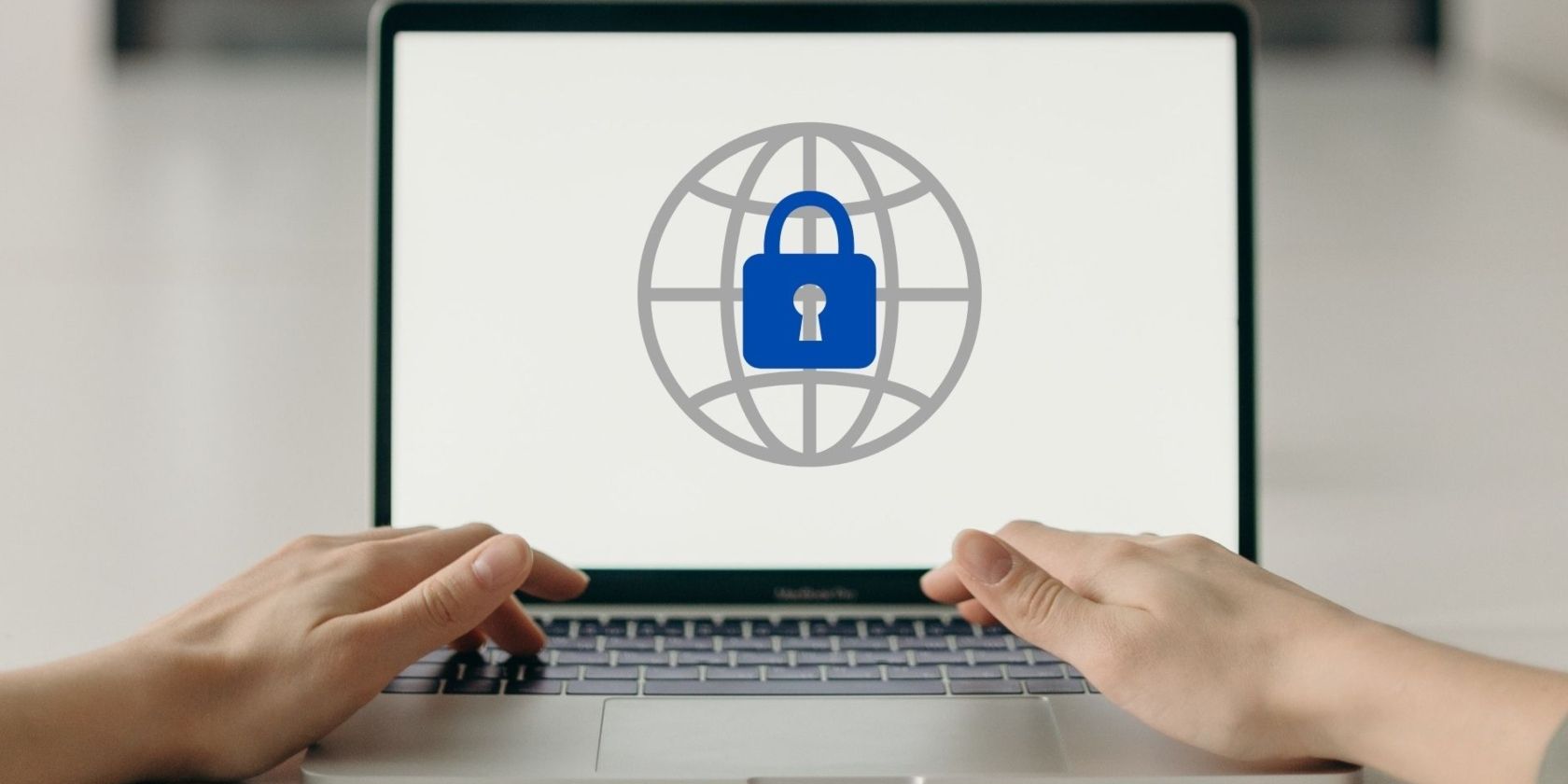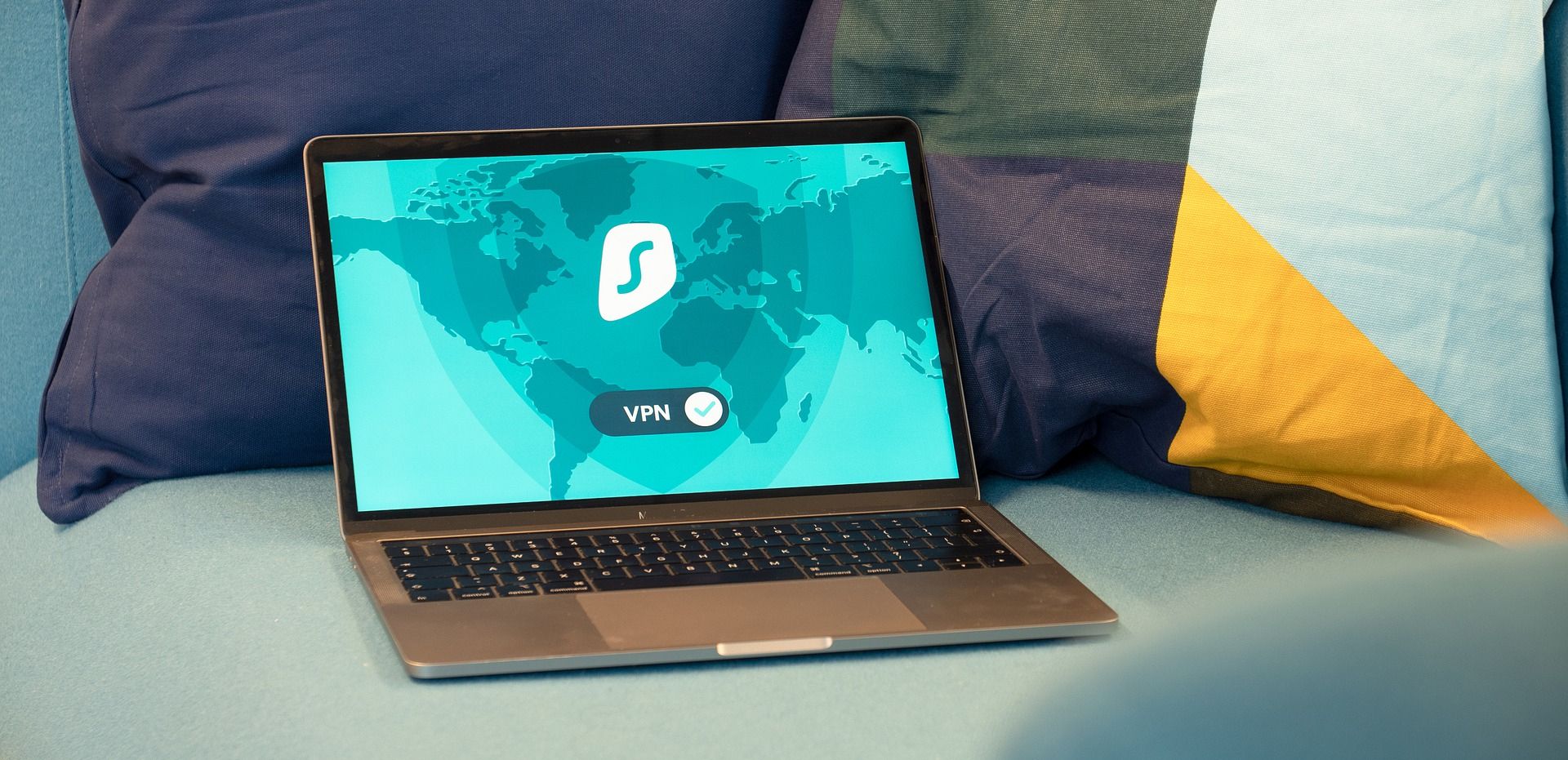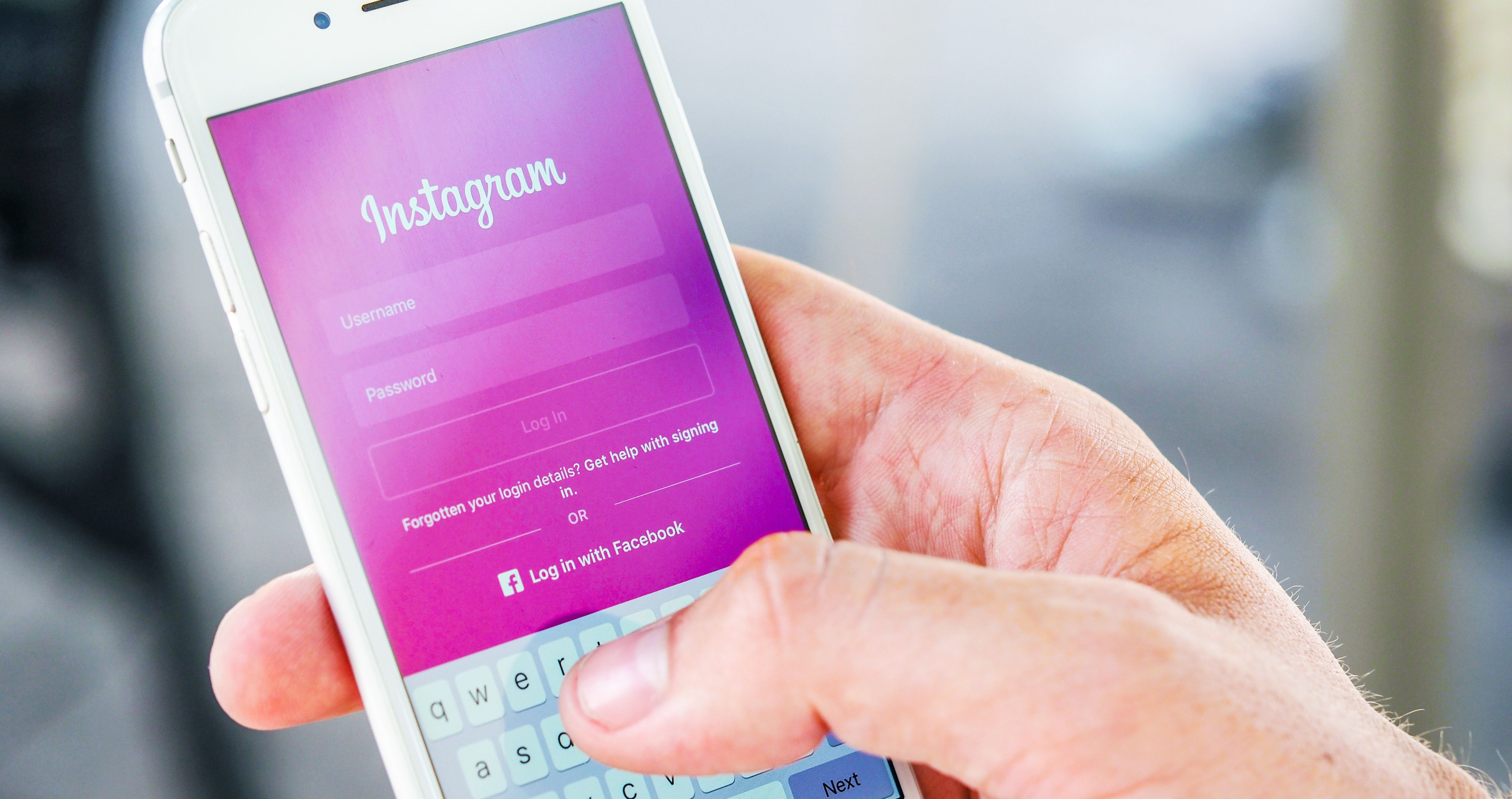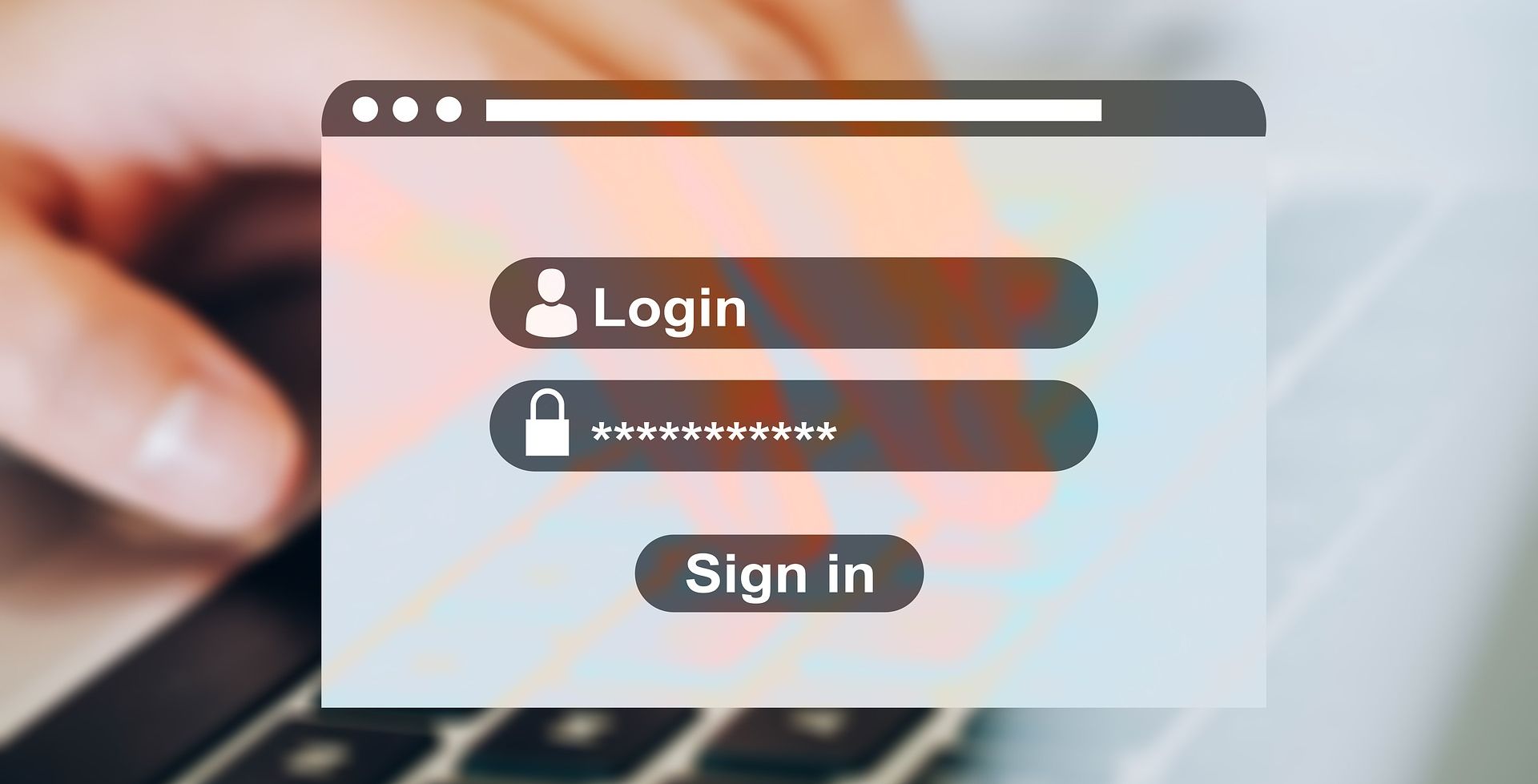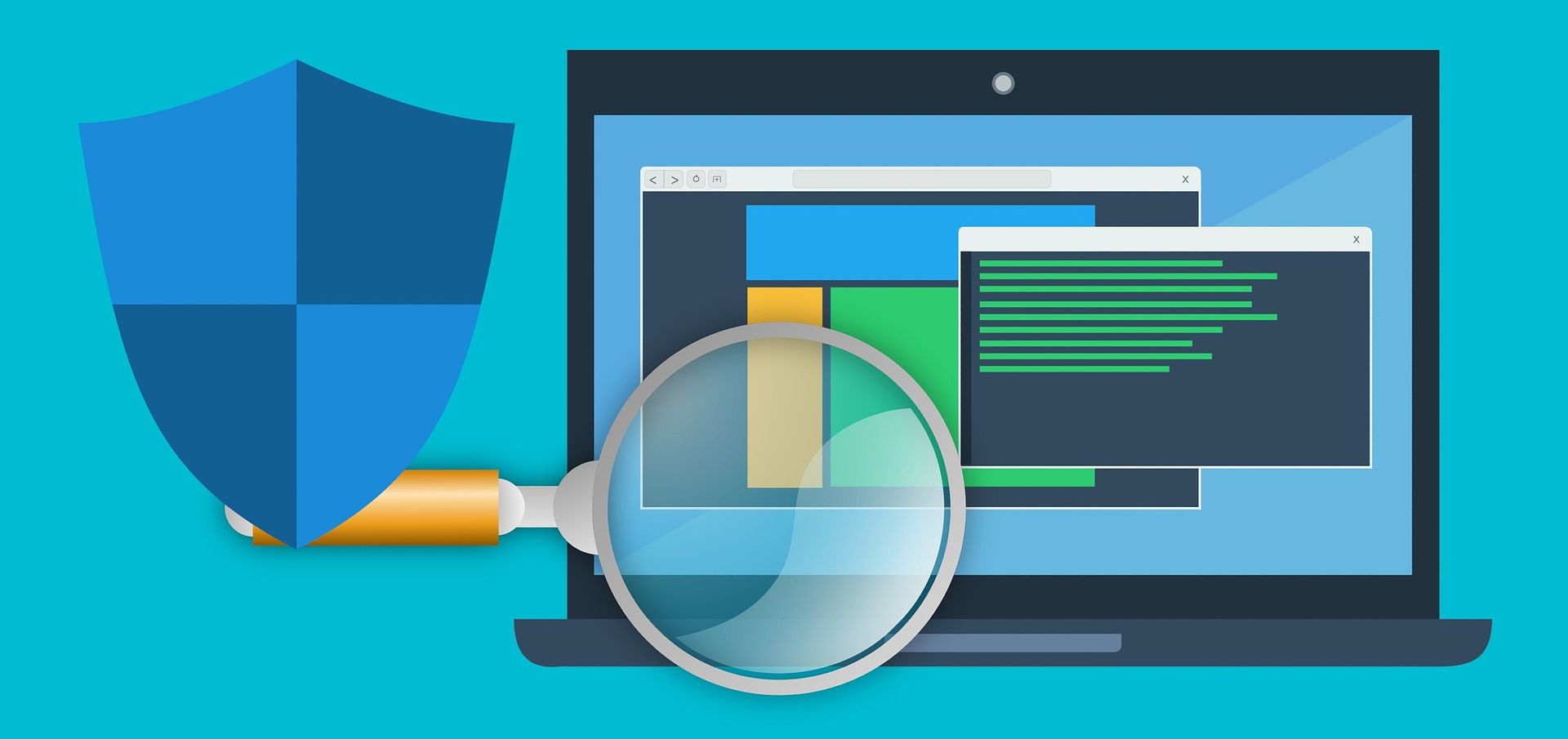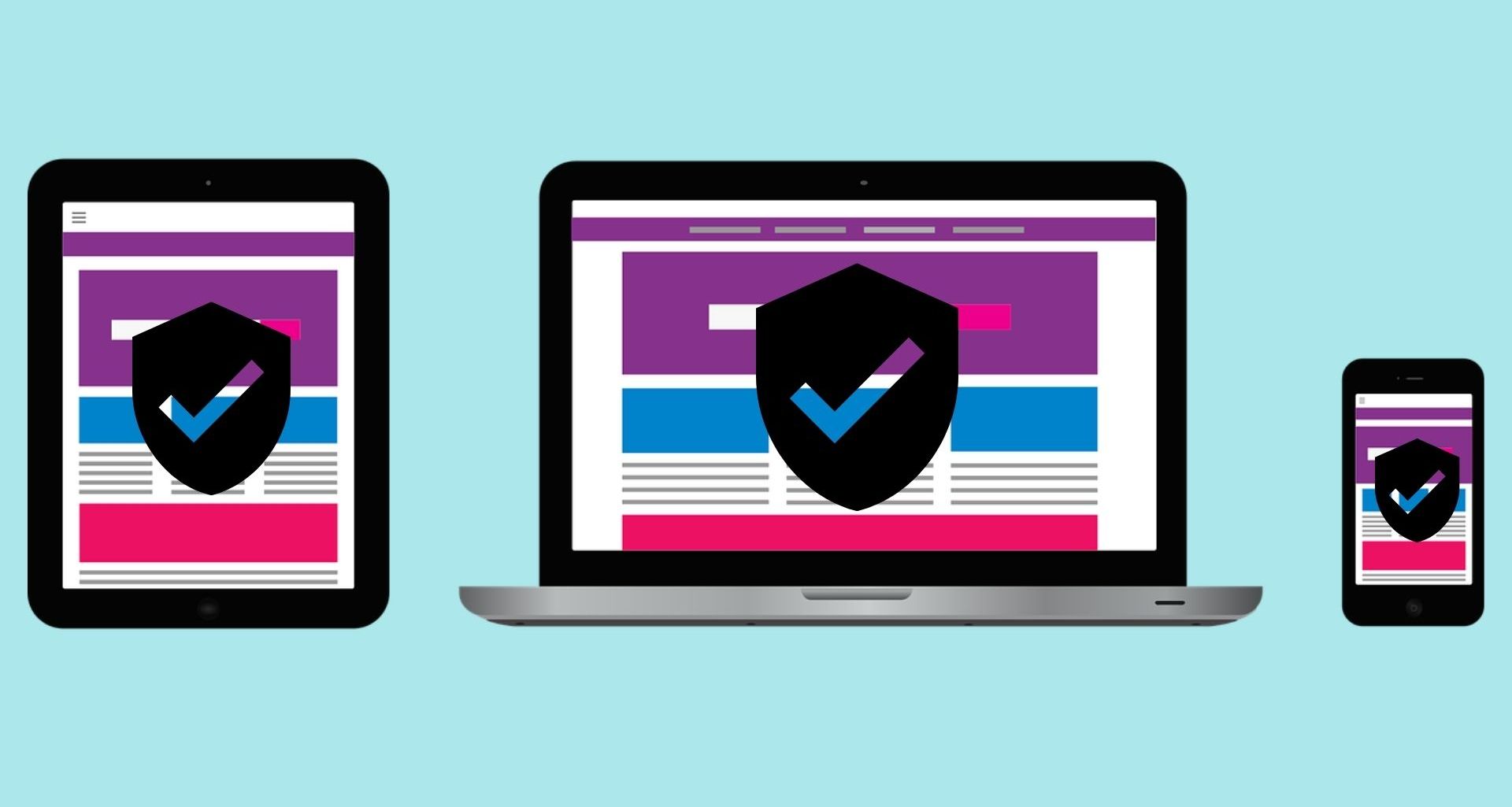Despite knowing all the dangers of the internet, we often forget just how easy it is to fall into scams or not take our internet safety seriously enough when browsing. This is how thousands of people have their sensitive data and money stolen online every month.
So, how can one truly stay safe online in 2022? Let's find out.
1. Use A VPN for Safer Web Browsing
You've probably heard of VPNs at some point over the past few years, as they've become incredibly popular. These security protocols allow users to hide their IP addresses and encrypt their internet traffic so that cybercriminals cannot access their private data. But do you really need one to ensure your internet safety?
In general, you should be using some kind of online security protocol whenever you're using the internet, and a VPN is one of the easiest to access. There is a wide range of reputable VPN providers available at the moment, such as ExpressVPN and SurfShark, and, though the majority of these come at a price, it is certainly worth it to keep your sensitive information hidden online.
If you don't want to spend money on a VPN, you could try downloading OpenVPN's software, which is the protocol used by most providers. While this is a little more complex than simply signing up for a paid VPN service, it can save you a lot of money in the long run. There are also many reputable free VPN providers out there, but be careful and do your research around any given provider before downloading software.
2. Set Up Two-Factor Authentication for Account Safety
Today, thousands of websites offer two-factor authentication when signing up for an account, and it's always worth taking advantage of this feature. With two-factor authentication, you're provided with an extra layer of protection so that cybercriminals cannot access your online accounts as easily.
Two-factor authentication works by requiring that you verify any logins via another mode of verification. For example, a site could require that you confirm a login via text or email to ensure that it's really you trying to access your account.
You can even connect your phone to your laptop or tablet using Bluetooth to confirm a login quickly. This means that nobody can get into your account without harboring extra information or having direct access to a linked device of yours.
3. Use Complex Passwords and Change Them Regularly
It can be hard to remember all of your passwords for every account you have, which means it's tempting to either use the same password all the time or to use short and simple passwords that are more memorable. While this is convenient, it can spell disaster. The shorter and simpler your password, the easier it is to crack.
Hackers can use various password cracking techniques to access your accounts, including dictionary attacks, malware, and phishing, and therefore, your password is never truly safe. However, you can make it a lot harder to access by increasing its complexity. This is why many sites and password managers recommend that you use a combination of letters, numbers, and symbols when creating your password, which is indeed a great idea.
On top of this, you should never use the names of relatives, your birthday, or other similar information within your passwords, as they make them a lot easier to guess. Instead, use either random words or a random combination of letters and numbers. In short, the crazier a password looks, the harder it is to crack.
You should also regularly change your passwords to keep your accounts safe. If you have many different accounts and don't want to change your passwords regularly, you should at least consider changing the passwords of the important ones, such as those used for banking or social media.
4. Install Antivirus Software or Update Your Current Version
Antivirus is crucial in keeping your device and your private data safe, so it should be an absolute priority to have some antivirus software installed on your device. It can detect and remove viruses and other harmful software from your device. Many antivirus providers also offer VPNs, parental controls, and password managers, all of which can keep you and your loved ones safe online.
While some devices come with antivirus software, this isn't always the case, and some default antivirus programs can be lacking. So, be sure to look at what your operating system's antivirus software actually offers and check out whether it's considered effective or not online. If you find that it's not highly recommended, then you should consider installing a more reputable antivirus software instead.
5. Avoid Using Public Wi-Fi for Internet Safety
Public Wi-Fi can be great when you want to use the web away from home without eating up your mobile data. However, cybercriminals target public servers to gain access to users' private information. A hacker can position themselves between you and the connection point of the server, allowing them to steal login credentials, payment details, pictures, and other personal data which they can use to access your accounts.
What's more, cybercriminals can even eavesdrop on your online activity when you use public Wi-Fi. There's a myriad of ways through which your privacy can be invaded via public Wi-Fi, so it's best to avoid it whenever you can or use a VPN to encrypt your internet traffic and stay safe.
6. Only Use Verified Sites for Safer Web Experience
Whether you're shopping, downloading software, or doing pretty much anything else online, always remember to use verified websites. This is because cybercriminals who either want to access your data or install malware on your device could operate unverified websites. So, you must check if a website is safe before providing any kind of sensitive data or downloading any software.
To check whether a site is secure, you can first look at the URL bar at the top of the page. Many browsers will show a lock icon next to the website address if it is safe to use, so be very aware in case the lock is missing or has a cross or line through it, as this means the website isn't verified.
You can also check the URL for any weird spelling errors. For example, if you're using ASOS to buy clothes, but the URL reads "AS0S", then this may be a replica site made to steal your personal information. Alternatively, you can do a little research around the website to see if it has many reviews or a well-established social media presence. Indicators like these can be crucial in saving you from a scam.
Keeping Yourself and Your Data Safe Online Is Vital
While you may think you're too tech-savvy to be a target for cybercriminals, the ways attackers scam individuals and steal information are getting more and more sophisticated these days. This is why it's crucial to ensure that your data is secure. So, try some of the methods above to keep yourself and your loved ones safe when surfing the web.

